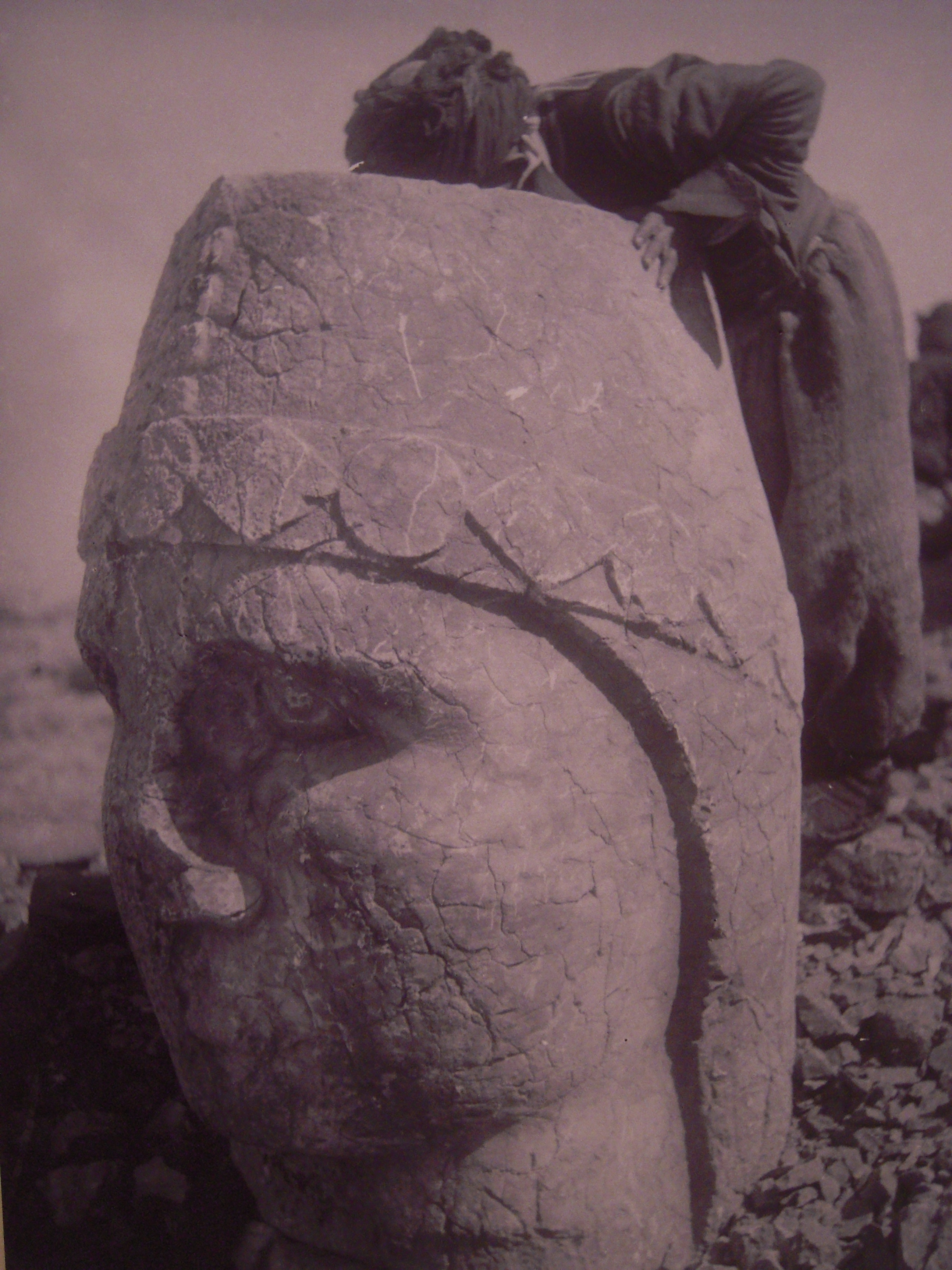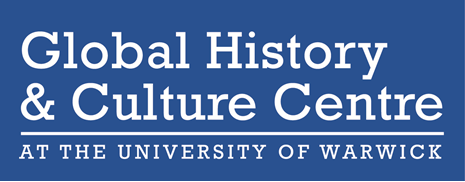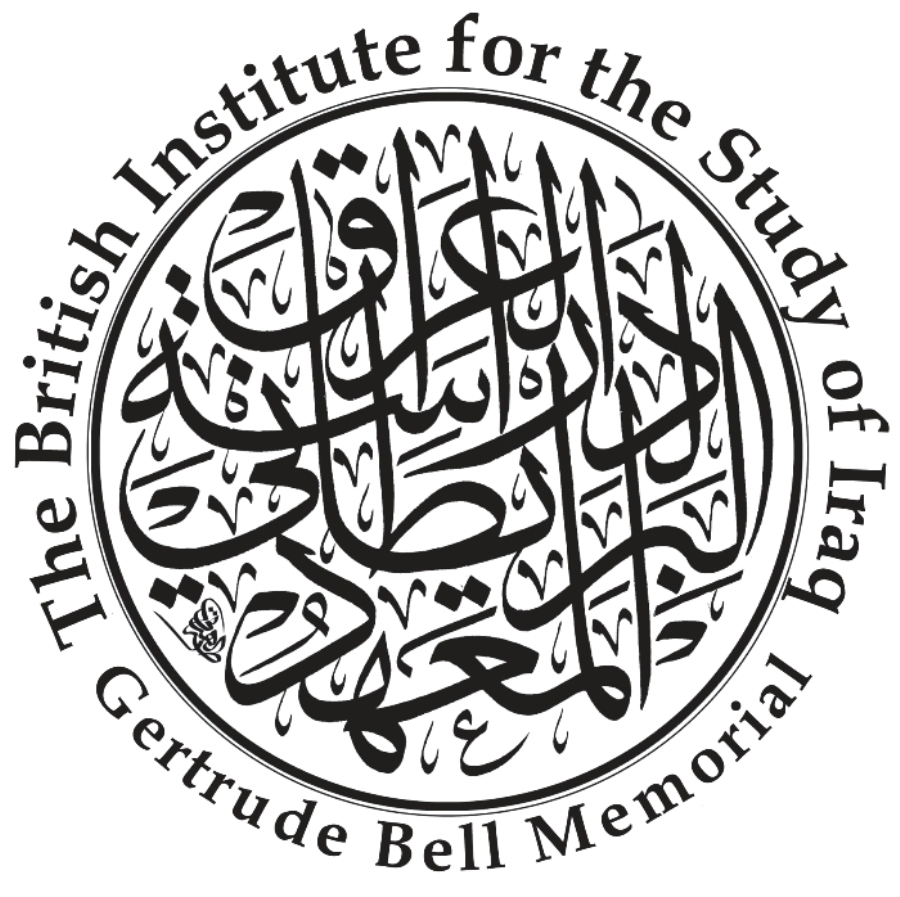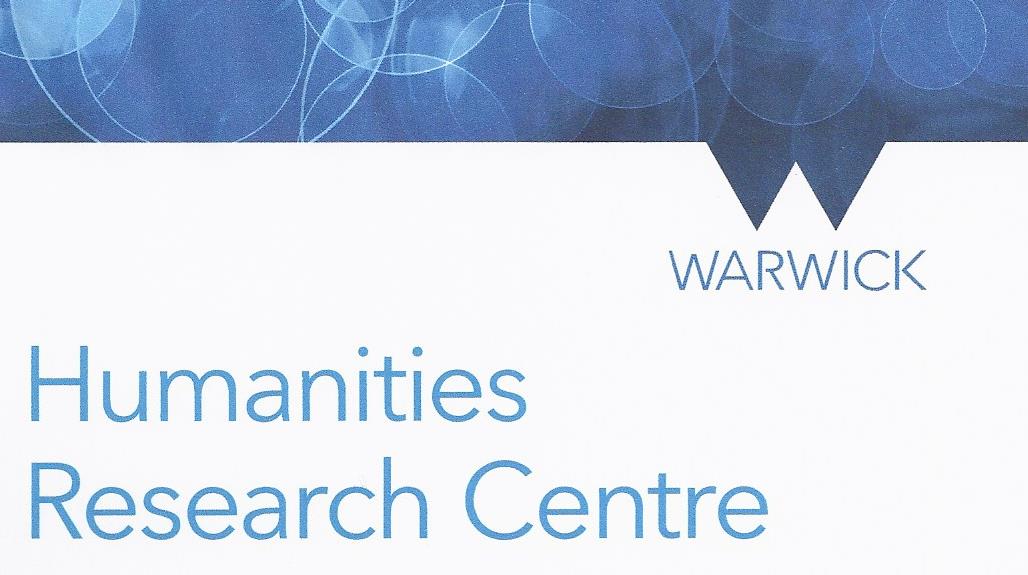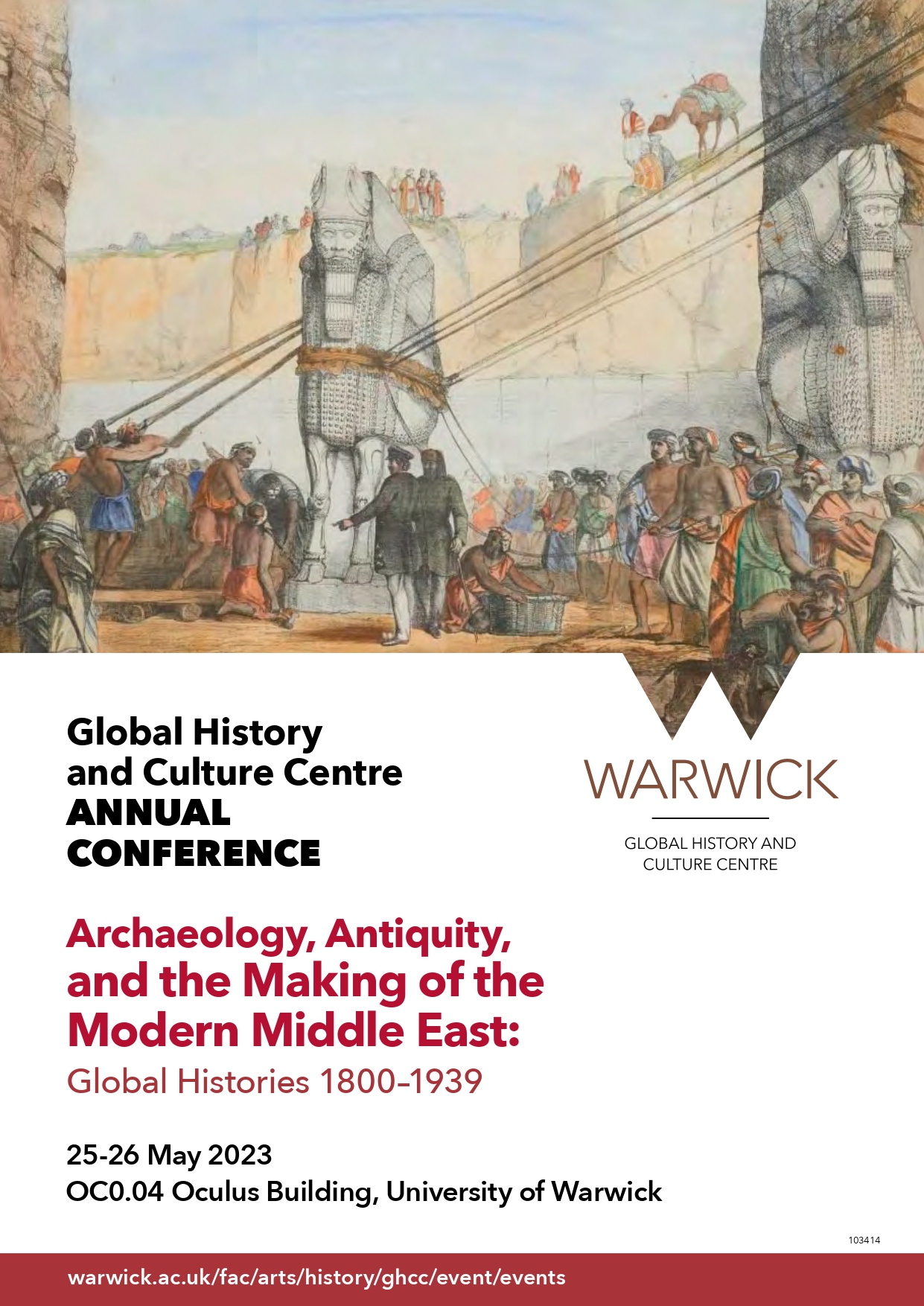Whose Heritage? Living with the Legacies of Imperialism, Colonialism, and Nationalism in the Middle East
26 May 2023, 15.45-17.00
Global History and Culture Centre, University of Warwick
OC0.04 Oculus Building
Roundtable discussion: Whose Heritage? Living with the Legacies of Imperialism, Colonialism, and Nationalism in the Middle East
Chair: Anne Gerritsen, University of Warwick
Panellists
Ammar Azzouz, University of Essex and University of Oxford
Mirjam Brusius, German Historical Institute, London
Heba Abd el Gawad, UCL
Lynn Meskell, University of Pennsylvania
Rozhen Mohammed-Amin, Kurdistan Institution for Strategic Studies and Scientific Research
Free and open to all, followed by a wine reception.
Who owns the heritage of the ancient Middle East? The possible answers to this question will reflect (ideologically, politically, legally, practically) the legacies of imperialism, colonialism, and nationalism. They will also reflect historical, archaeological, and curatorial conceptions of the Middle East as a place of shared origins, a region whose antiquity is uniquely important to the world. The fact that it is a question of real importance to many people in the contemporary world should indicate the enduring power of these ideas. Given this enduring power, what does it mean to speak of certain sites or artefacts as 'world' heritage? What connections does this language illuminate, and what does it obscure? How can the idea of a global history and a global stake in heritage be reconciled with the realities of unequal power dynamics between regions and nations in the recent past and in the present? This panel assemble scholars and professionals working in the cultural heritage and museums field to engage with these questions.
What might be involved in reframing or decolonising the 'world heritage' of the Middle East, in practical terms? How can museums and heritage organisations fulfil their responsibilities to educate audiences? How can they make heritage accessible to new kinds of audiences? How should they confront ongoing questions about repatriation, restitution, preservation? We will ask panellists to reflect on these questions and give us examples of how they address them in their own work, providing realistic and successful models for a more reflective approach to the concept of a 'global' Middle Eastern heritage.
This public impact panel event will respond to ideas raised in the preceding GHCC conference, Archaeology, Antiquity, and the Making of the Modern Middle East: Global Histories 1800-1939Link opens in a new window. Registration for the conference is required but the roundtable is open to all. It will be followed by a wine reception.
